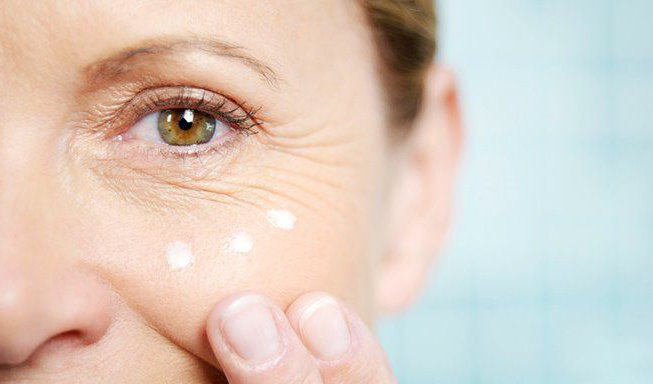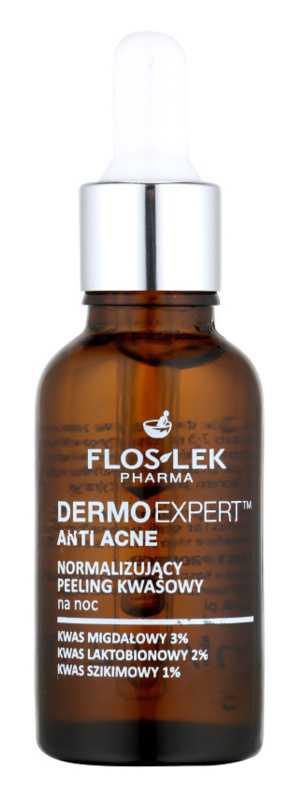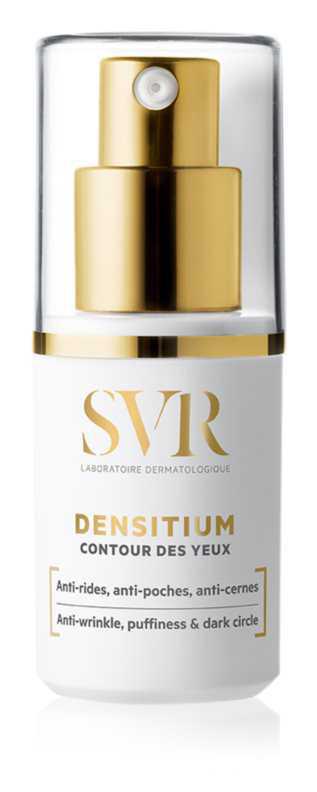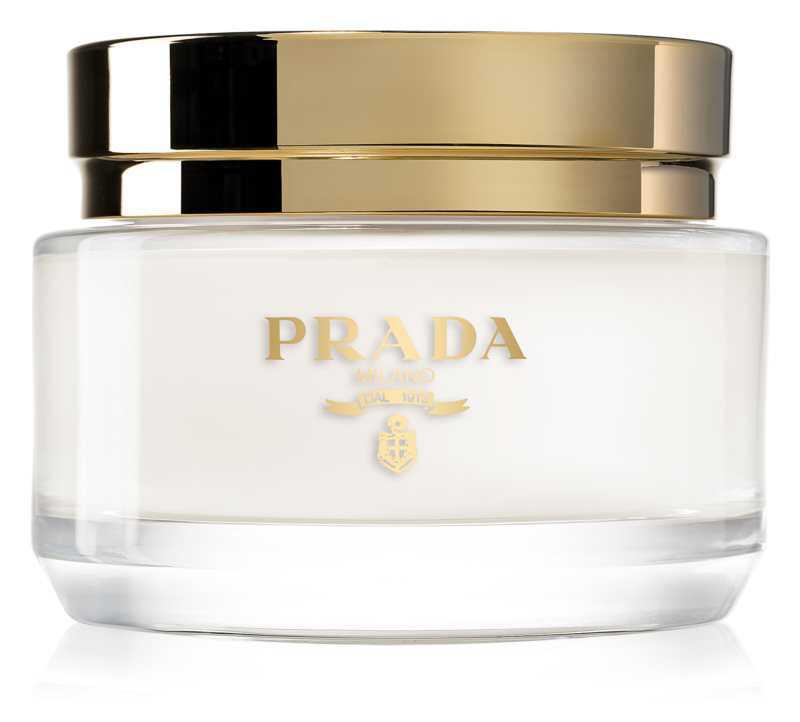
Mature skin - is it already? From what point can we say that the skin is mature and needs increased attention? Find out about the characteristics of mature skin and learn how to care for it.
Table of Contents:
Mature skin is not really a skin type and is not next to acne or sensitive skin. Mature skin affects everyone as it appears with age. It is more of a skin condition than its type, but it also requires carefully selected and complex care.
Characteristics of mature skin
The skin begins to age already after the age of 25, and by the age of 30, the aging process is gaining momentum. We can talk about mature skin around the age of 45 or earlier, depending on individual factors. This is when the levels of female hormones estrogen and progesterone begin to decline in the body. The walls of blood vessels become damaged, their number decreases and the blood supply to the skin deteriorates.
Mature skin is easy to recognize: it lacks elasticity, is dry, gray, wrinkled and tired. The loss of laxity is also associated with a change in the shape of the face. The cheeks, corners of the eyes and mouth fall down. This is due to reduced collagen production (it decreases with age), slower cellular metabolism and the epidermis' poor ability to renew. Skin devoid of these natural fuses loses water quickly and absorbs nutrients slowly. That's why it's so hard to take care of. In women, skin aging is directly related to the menopause, when estrogen depletes.
Dry skin, sensitive skin and allergic skin age the fastest. Dry skin is poorly defended against the external environment, because it is delicate, thin, has a weak protective (lipid) layer, and water escapes faster.
What accelerates skin aging?
Skin aging is a complex process - partly programmed in genes and associated with changes in the body with age, but mostly dependent on external factors, including mainly UV radiation.
That is why it is most visible on the parts of the body that are most often exposed to the sun - on the face, neck, cleavage and on the hands. It is believed that up to 80 percent. features characteristic of skin aging, which become visible before the age of 50, this is the effect of the so-called photoaging.
UV rays accelerate collagen degeneration, which leads to loss of skin firmness and the appearance of wrinkles. Worse still, they trigger free radical reactions that cause inflammation and premature aging not only of the skin but of the entire body. This devastating effect of UV rays is combined with the changes naturally occurring in the skin with age.
Over the years, the activity of genes responsible for the renewal of its cells decreases, the amount of collagen fibers decreases and their structure is also damaged. The skin becomes thinner, it has less blood supply and dryness, because it is losing its building substances, incl. ceramides and hyaluronic acid. And, as shown by German researchers, dry skin ages more than twice as fast as skin with a normal level of hydration.
While we do not have an influence on genes, the cosmetics industry has provided us with a powerful weapon that can provide the skin with what it needs most, compensate for the deficiencies of those ingredients whose production declines with age, or provide substances that stimulate their production. And in doing so, slow down the appearance of wrinkles or reduce those already existing.
Among the factors accelerating skin aging there are also:
Mature skin is one of the most demanding skin types. Proper home care, well-chosen cosmetic treatments and aesthetic dermatology, we are able to delay the appearance of visible signs of aging. Properly performed make-up removal is primarily the selection of the right preparation. The makeup remover should remove all makeup-forming substances, dust, dirt and excess sebaceous secretions from the surface of the epidermis. Therefore, this preparation should be a solvent for both hydro- and lipophilic substances and maintain the physiological pH of the skin.
After proper make-up removal, the skin is ready to receive the active substances contained in creams. All care products - at home and in the office - are selected depending on the needs of the skin. The offer of cosmetic companies is so rich that it is a good practice to seek advice on the selection of preparations from a specialized cosmetologist, and in case of skin problems - from a dermatologist. The main substances contained in preparations intended for mature skin are hyaluronic acid, antioxidants, vitamins, ceramides, EFAs (essential fatty acids)
Day preparations should contain sun protection with an SPF value of min. 15, and even 50 in the period of high sunlight. It is important that they also protect against UVA radiation.
Night creams should have a richer, more greasy texture, because it is at night that the skin draws the most from the applied preparations.
How to take care of mature skin?
Mature skin care
Even the best and most expensive anti-wrinkle cream will not reverse the skin aging process. This type of cream is primarily to properly moisturize the skin and make it firmer, which will reduce wrinkles a little. However, it is worth using anti-wrinkle creams, because they allow you to keep a nice skin in a healthy color, protect it from the sun and make it more elastic.
What should a cream contain for mature skin?
How to take care of mature skin in the morning and evening?
Morning
Even if you think that your skin is clean after the night, you need to wipe it with micellar water and tonic in the morning to remove sweat, sebum or dust that has accumulated on it overnight. Only after that you can apply skin care products and makeup.
Day creams have a lighter consistency than those used in the evening, but must provide the skin with effective protection against the usually unfavorable external factors. Therefore, they should contain moisturizing substances that retain water in the epidermis (e.g. hyaluronic acid, plant extracts, ceramides, fatty acids) and neutralizing oxygen free radicals (e.g. vitamins C and E, flavonoids).
An essential ingredient are also filters that protect against the effects of UV rays. By spreading the cosmetic, give a short massage - you will improve microcirculation and oxygenation of cells, which will increase the elasticity of the skin and elasticity of the facial muscles.
The delicate skin around the eyes also requires special care. It is very thin and almost devoid of sebaceous glands, therefore it dries out easily. Cosmetics with a very light consistency are designed for its care, so that they can be spread without stretching the skin.
They contain ingredients that create a protective barrier, improve blood and lymph circulation, preventing dark circles and puffiness. During skin care treatments, do not ignore the neck and décolleté - especially the skin of the neck dries out easily and sagging, has an extremely thin fatty lining and few collagen fibers, so it quickly loses its elasticity.
When you reach for creams containing nourishing or moisturizing complexes, you don't have to worry that the cosmetic will be too strong for your skin and it will make it lazy or addictive. The skin will take exactly as much of the cream as it really needs. Therefore, choose cosmetics whose ingredients have proven effectiveness in the fight against time.
In the evening
In the evening and at night, the hormones melatonin and somatotropin are released, which have a significant effect on the skin. Melatonin is a powerful antioxidant, it enables the proper renewal of cell membranes and proteins, and stimulates skin cells to divide.
Somatropin stimulates cell growth, activates fibroblasts to produce collagen and elastin. Moreover, at night the skin becomes more permeable to the cosmetics applied on its surface. And because at the same time the blood circulation of the skin improves and its temperature slightly increases, the ingredients of cosmetics can more easily penetrate into the deeper layers of the epidermis. Use it to support the regeneration processes.
In the evening, choose cosmetics with rejuvenating vitamins. Cosmetics intended for evening skin care should contain ingredients such as: retinol, vitamin C and vitamin E.
Creams with real hormones - why can't I buy them in the store?
Creams with "real" animal hormones - with estrogens, progesterone, animal growth hormone and androgen hormones are not approved for legal sale (sometimes you can find them on the Internet). Some are known to work great, but due to their effects on the entire body, there is a possibility of serious side effects.
Creams with estrogens were withdrawn from sale in the 1960s. It turned out that women, encouraged by their excellent results, simply abused them. Currently, plant equivalents are used in creams. Some cosmetic brands use, for example, plant DHEA - an androgen hormone with a strong stimulating effect.
Homemade masks for mature skin
Cottage cheese mask
Mash a tablespoon of cottage cheese with a tablespoon of yogurt. Then add two teaspoons of sunflower oil or olive oil and squeeze the juice out of the orange half. Mix the ingredients thoroughly. Apply to face and neckline, and rinse with lukewarm water after 30 minutes.
Algae mask
Mix a tablespoon of honey with a few drops of rose water. Add a teaspoon of algae powder or some other form of ground sea algae to the liquid. Leave on your face for 15 minutes and rinse with lukewarm water.
Strawberry SPA
Blend a handful of fresh or frozen strawberries. Add a tablespoon of rice oil and a tablespoon of milk. Apply to face and keep for 15 minutes. Rinse with lukewarm water.





